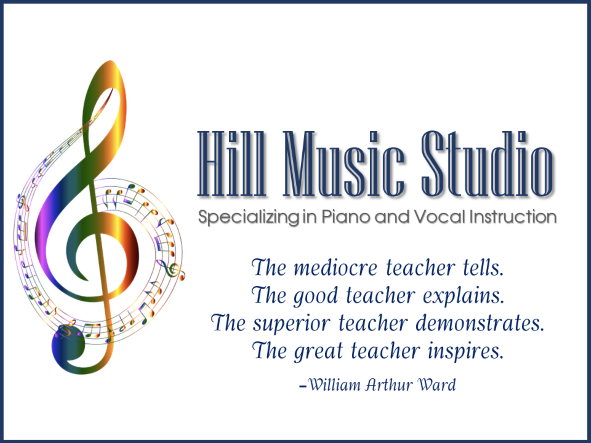
 BY ANDREA
BY ANDREA
Our daughter Lexi plays Field Hockey. It’s her first year, but she’s really taken with the game. And, at the risk of sounding like one of those parents… she’s really, really good.
We stand behind that chain link fence at the field every Saturday morning and I use my singer’s lungs to the best of their ability cheering her on. When she comes off the field it’s high-fives, replays of all of the awesome assists and goals and a car-ride home full of “When you nabbed that ball and took off across the field…” type stories. Her Grandparents come and watch, and they too are into shouting across the field and re-living her glory moments after the game.
As a result, Lexi absolutely loves Field Hockey. She’s very aware that she’s good at it, and she’s begging to play more. Her season ended yesterday and she pestered me incessantly to look into summer camps, indoor field hockey in the fall and how she could continue to play “forever”.
A NOTABLE DIFFERENCE
Lexi also performed in our studio’s recital a week ago. She played and sang beautifully. Her Grandparents came to watch. But, because it was a recital, in place of exuberant shouting, there was polite applause. Afterward, instead of verbal replays of every amazing moment, people told her “That was beautiful honey.” And what else should they have said? That crescendo in measure 5 was wonderfully executed?…
The comparison between her two activities and the kind of feedback she receives from each made me think.
How can we somehow harness the enthusiasm and feedback that kids get when they play sports and transfer that to piano lessons? So I did a bit of a social experiment on my own child and the results were eye-opening!
I based my experiment on the following 4 Sports vs. Piano Lessons observations:
1) We regularly talked about Lexi’s sports accomplishments to other people while she could hear us. While we certainly “talk piano” (a lot!) in our family, we don’t often make specific references when speaking to others about what she was playing and working on at home.
2) Everyone knew how to compliment Lexi on her Field Hockey achievements as the “language of sports” is pretty universal (everyone knows getting a goal is a good thing). Not everyone feels comfortable discussing music; those who call themselves “not musical” don’t know what to say about a musical performance other than “Sounded good!”. This is less meaningful to Lexi than specific references to something she did well.
3) The feedback Lexi received at Field Hockey often happened as she was mid-game… we were shouting encouragement as she was playing. Piano practice is certainly more calm, and family life sometimes continues on around Lexi as she practices.
4) Lexi had the opportunity to gain compliments on her sport every single week. Her piano performances happen less regularly, and therefore the chances for her to gain feedback from others are also limited.
PIANO PARENTS TURNED MUSIC FANS
I wanted to see if piano parents could learn to replicate the enthusiasm they display for sports… but in the area of piano lessons. So for an entire week Trevor and I made a point of talking about Lexi’s piano progress to others while she was around, and we were very specific in what we were being enthusiastic about. As she practiced, we made a point of being exuberant about certain things she had accomplished, and we did so in a “sports-fan” like way (“Woah! Do that again that sounded incredible!”). We’d say things like “Remember when you totally nailed that tricky section in The Juggler?” at random times as we went about our day. We encouraged her to play the piano that week for everyone and anyone who stopped by our house and all who was there became involved in her piano practice through fun activities meant to engage family members or make practice enjoyable for kids.
And what happened?
It worked. We definitely observed a significant change in her piano practice habits. She practiced just that little bit longer, with more confidence, and with an awareness of what we had told her she did well. She herself started talking about her piano lessons to her friends and to her Grandparents. She responded with a pleased grin as I cheered her on through her piano practice. We found her several times at the piano outside of her normally scheduled practice time, just playing for her own enjoyment or with a “Check this out Dad!”. She asked me three times yesterday to be sure she was still doing piano lessons in the summer. We were amazed. We were always very supportive piano parents, but now, we’ll never stop being a “Music Fan” of hers!
WHAT A SIMPLE FIX
If every piano parent could become a “Music Fan” and learn to treat their child’s piano lessons as they would a sport I believe we’d really be hooking into something pretty amazing. Pianists rarely get cheerleading squads, marching bands, screaming fans, bumper stickers… or glory. And why shouldn’t they? Being proficient at the piano takes just as much skill, time and effort as do sports. If we can educate piano parents on the importance of being a true fan to their pianathletes (#newword!) then we’ll all have more invested, motivated and encouraged piano students… and, to me, that’s definitely something to cheer about.
